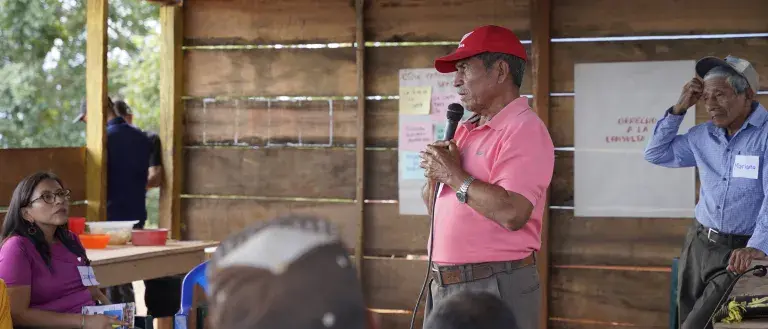
Our Mission
The Center provides legal assistance to indigenous peoples of the Americas to combat racism and oppression, to protect their lands and environment, to protect their cultures and ways of life, to achieve sustainable economic development and genuine self-government, and to realize their other human rights.
We provide legal assistance to Indigenous peoples internationally who are working to protect their lands, resources, human rights, environment and cultural heritage.
The Indian Law Resource Center seeks to overcome the grave problems that threaten Native peoples by advancing the rule of law, by establishing national and international legal standards that preserve their human rights and dignity, and by challenging the governments of the world to accord justice and equality before the law to all indigenous peoples of the Americas.